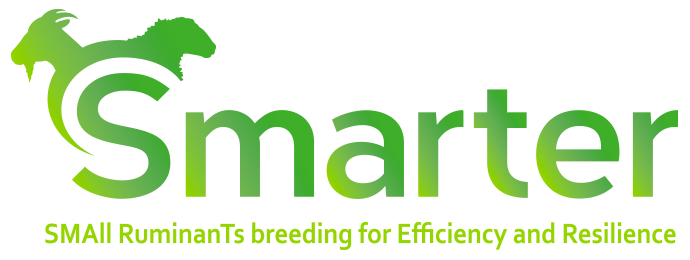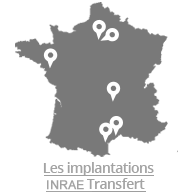 B4BEST : Adaptive BREEDING for productive, sustainable and resilient FORESTs under climate change
B4BEST : Adaptive BREEDING for productive, sustainable and resilient FORESTs under climate change
Objectives
The goal of B4EST is to increase forest survival, health, resilience and productivity under climate change and natural disturbances, while maintaining genetic diversity and key ecological functions, and fostering a competitive EU bio-based economy. B4EST will provide forest tree breeders, forest managers and owners, and policy makers with: 1) better scientific knowledge on adaptation profiles and sustainable productivity, and added value of raw materials in important European tree species for forestry, 2) new and flexible adaptive tree breeding strategies, 3) tree genotypes of highly adaptive and economical value, 4) decision-support tools for the choice and use of Forest Reproductive Material (FRM) while balancing production, resilience and genetic diversity, including case studies developed with industrial partners, 5) integrative performance models to guide FRM deployment at stand and landscape level, 6) economic analyses of risks/benefits/costs, and 6) policy recommendations. B4EST will capitalise on the resources developed by past and current EU projects to produce -together with tree breeders, forest managers and owners, and the industry- operational solutions to better adapt forests to climate change and reinforce the competitiveness of the EU forest-based sector. To cover the geographical, economic and societal needs of forestry in the EU, B4EST will work with 8 (six native, two non-native) conifers and broadleaves with advanced breeding programmes (Norway spruce, Scots pine, maritime pine, poplars, Douglas-fir, eucalypts) or that are case studies of pest-threatened forests (ash) or valuable non-wood products (stone pine). Our approach will result in a high degree of data and knowledge integration, involving multiple and new target traits and their trade-offs; genomic information; temporal and spatial assessments in a wide range of environments; stakeholder demands; and forest owner and manager risk perception and acceptability of new breeding strategies.
EC funding : 6 000 000 €
Duration : 4 years
Start : 1st of May 2018
Coordinator : Catherine Bastien, catherine.bastien@inra.fr
Project manager : Anthony Vermue , anthony.vermue@inra.fr
Website : http://www.b4est.eu



 B4BEST :
B4BEST : SM
SM
